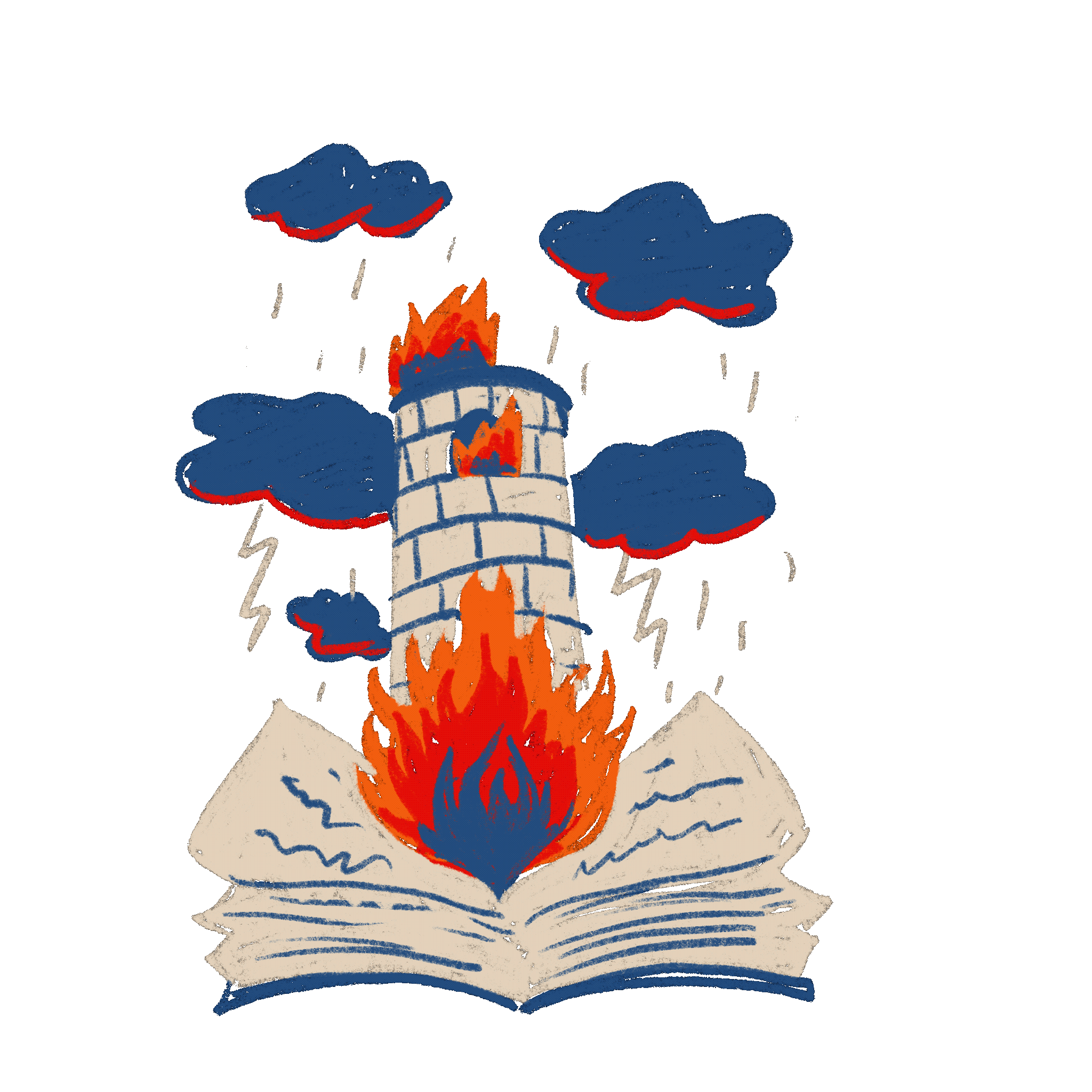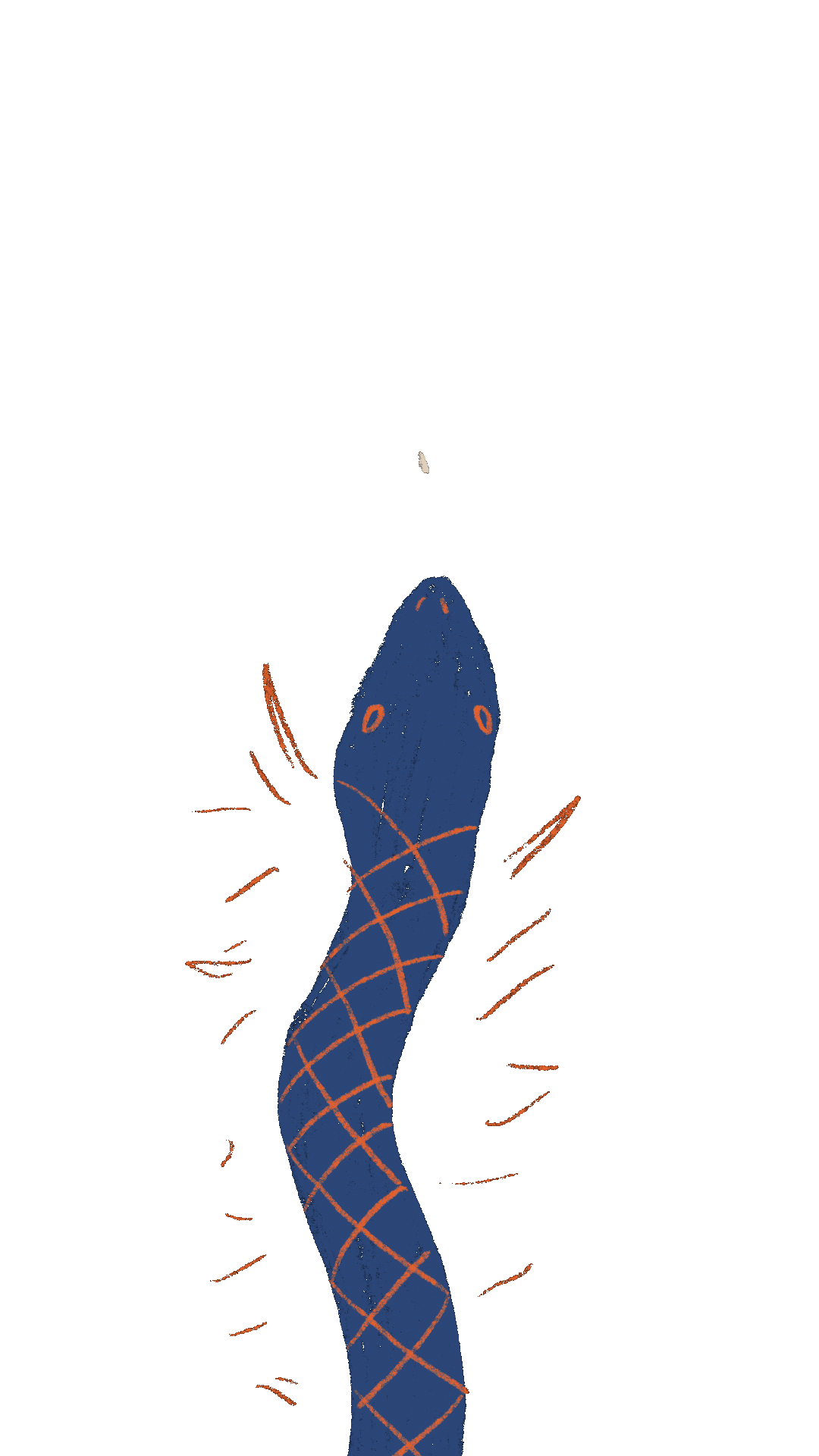This diary is a collective lament, a public ritual of shared grief.
This diary is both a personal and shared documentation of our reflections on power, privilege, access, boundaries, friendship, and how all these manifest in the organizations and movements we are trying to build. The diary of ruptures is a call and an invitation to move beyond the politics of moral purity, call-outs, reportage, and litigation to focus on personal interrogation, grief, and catharsis, examining the space and possibility that is created when ruptures occur.
The transnational feminist landscape has seen many organizations and leaders named for their racism and elitism, contributing to organizational and movement cultures marked by the exploitation and domination so present in our economic and social systems. These callouts reflect broader structural issues within feminist formations striving for success and safety in an increasingly commodified and polarized world. Many of us have witnessed feminist spaces repeatedly exploiting identities, struggles, stories, and skills to legitimize organizations' access to resources and power, with little reciprocal care for those whose labor and risks underpin this work. This diary is both a personal and shared documentation of our reflections on power, privilege, access, boundaries, friendship, and how all these manifest in the organizations and movements we are trying to build.
They say keeping a diary can save you. This is an experiment and an invitation to keep a collective diary to hold us through the repetitive ruptures of our organizatons, movements, and systems. In naming our grief, and holding it together in this world, may we find and make new ways forward, together.
The diary borrows from concepts of fractals, ruptures, and repetitive patterns that are inherent to our natural world. How what we practice at a small scale inside of our organisations, scales up to become the values and body of our movements. We critically engage three thematic entry points of rupture: power, labor, and language. We identified these themes through a shared process of retrospective journaling on the aftermath of collective organizational experiences of working across borders - physical and metaphorical borders and along the fault lines of power.







